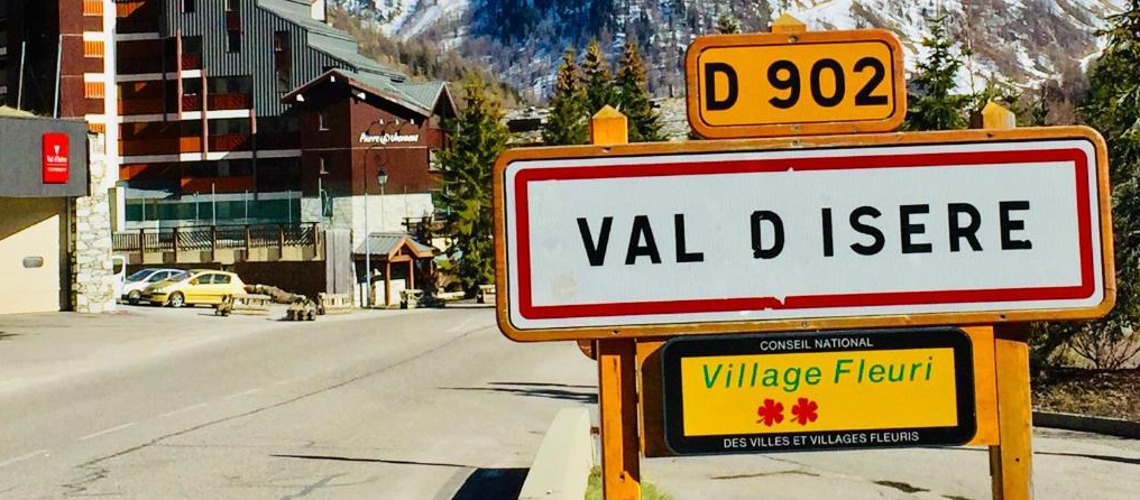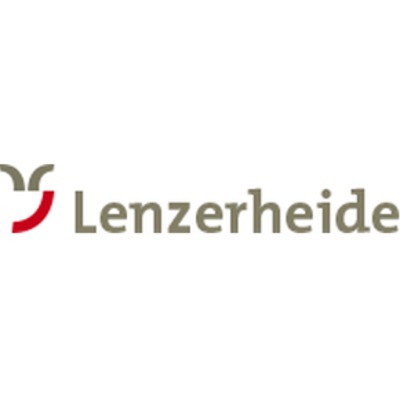Val d’Isere Reinforces Sustainability Commitment With New Environmental Charters & Cleaner Transport

In the Tarentaise Valley of southeastern France, Val d'Isère is known for its beautiful scenery and first-class ski slopes. This season, the world-renowned resort is taking significant strides towards a more sustainable future for winter sports tourism.
Committed to preserving the pristine mountain environment and minimising its environmental footprint, Val d’Isere uses various eco-friendly solutions and is a Flocon Vert certification holder. This recognition acknowledges the resort's efforts in environmental management, and its initiatives to reduce waste, conserve energy, and protect the natural environment. Val d'Isère has also been recognised for its social responsibility demonstrated through support for local communities, the promotion of fair labour practices, and the provision of accessible services for people with disabilities.
During summer 2024, Val d’Isère Tourisme, Val d’Isère Téléphériques and the Ecole du Ski Français de Val d’Isère signed the Charte Montagne Zéro Déchet Sauvage en 2030, a charter by the Mountain Riders Association to end waste in the French mountains by 2030. By signing this charter Val d’Isere is committed to collecting data on waste management in the area and implementing plans to eliminate littering by 2030. With this in mind, the Solaise Lounge has been redesigned to no longer sell single-use plastic and instead provide reusable products such as water bottles and food containers.
Greener fuel and renewable energy
New for the 2024-25 season, a bus station will open in La Daille, the entrance to Val d'Isère. Including new platforms and a proper station building, the project makes the station safer and more comfortable, in turn reducing traffic in and around the village centre. Val d'Isère continues to reduce emissions and promotes cleaner transport options for visitors by investing in electric vehicles. Not only do these lower the environmental impact, but the shuttles are quieter and can run for longer. For the 2024-25 season, the resort's fleet consists of 10 electric shuttles, with the remaining shuttles running on HVO biofuel. Val d'Isère aims for all transportation to be fully electric by 2026.
Val d’Isere has shifted to using renewable energy sources across its operations. A significant portion of the electricity comes from hydroelectric power, reducing reliance on fossil fuels. Facilities and machinery across the resort have been selected to reduce emissions and use renewable energy sources, such as HVO-fuelled snow groomers. The ski area’s 19 snow groomers and the 12 Val d'Isère cable cars are now run on HVO biofuel, in compliance with the commitments undertaken by the Compagnie des Alpes. This fuel substitutes diesel and is created from used vegetable fats and oils, making it 100% renewable and reducing CO2 emissions by 90% and fine particles by 65%.
Protecting the landscape
Val d'Isère continues to invest in its cable car network for more comfortable, modern, and efficient systems, benefiting the resort's visual appeal, skiers, and logistical operations. With a capacity of 2,500 passengers per hour, the refurbished La Daille Gondola enhances skier flow and has enabled the removal of existing chairlifts and ski tows in the area. This reduction of 40 pylons has resulted in a more natural and appealing landscape for La Daille.
Other improvements that have been made to protect and enhance the resort’s landscape include ‘Le Village Perdu.’ This free outdoor play and leisure area features charming cabins and an eagle's nest connected by suspended walkways and is built deep in the Étroit Larch forest, at 2,000 meters. Throughout the seasons, guests can enjoy this eco-designed facility, constructed entirely from Larchwood sourced in the Alps, to guarantee durability and longevity. Le Village Perdu was built with the approval and support of the National Forestry Office.
Waste management and water conservation
Throughout the resort, extensive waste management programmes have been implemented to reduce environmental impact, including regular collections with designated bins for different waste types. Clear rules for recycling are established, with further separation at the disposal stage for recyclable materials, saving time and energy. In addition to these measures, Val d'Isère implements strategies to reduce and manage organic waste. For example, the resort works with residents and businesses to minimise food waste and promote composting. Specialised systems for disposing of hazardous waste, such as batteries and electronics, are also in place, ensuring safe disposal for all items at the end of their lifecycle.
Val d'Isère prioritises water conservation through a multifaceted approach. Modern snowmaking systems use precise nozzles and water recycling to minimise water usage. Additionally, wastewater treatment plants ensure that treated water is safely returned to the environment. Regular maintenance programmes, including leak detection and repair, prevent water loss and wastage, ensuring resources can be effectively channelled towards necessary areas, such as snow production during warmer winter months. Many businesses and accommodations have also adopted water-efficient fixtures, such as low-flow toilets and showerheads. These combined efforts demonstrate Val d'Isère's commitment to sustainable water management and environmental responsibility.
Biodiversity conservation
Val d'Isère recognises the importance of biodiversity conservation and has taken several steps to protect the delicate alpine ecosystem. The resort works closely with environmental organisations to monitor and preserve local flora and fauna. Efforts include habitat restoration projects, such as rewilding initiatives and the creation of protected areas. Additionally, Val d'Isère promotes sustainable tourism practices, encouraging visitors to respect wildlife and minimise their impact on the environment. By actively promoting sustainable tourism practices among visitors and staff, educating them about the environmental impact of their actions and encouraging responsible behaviour Val d'Isère can not only maximise its sustainable activity but also ensure it is holistic and long-lasting.













